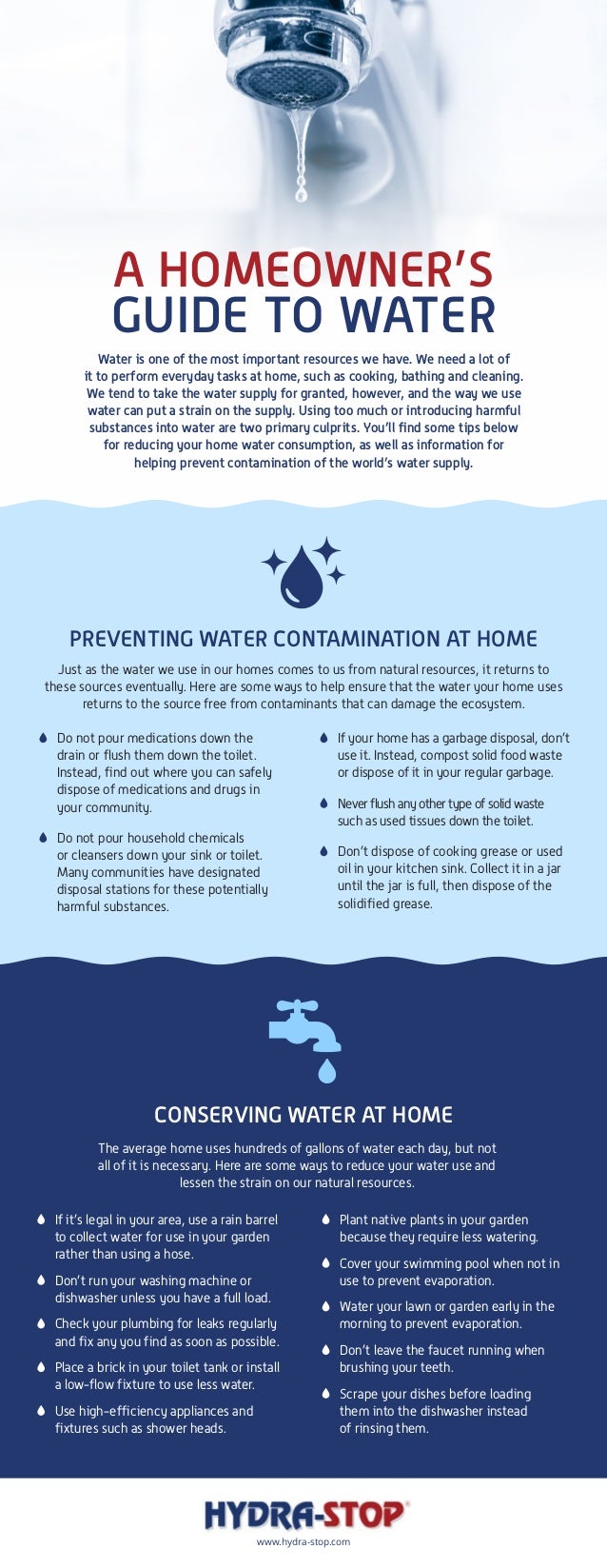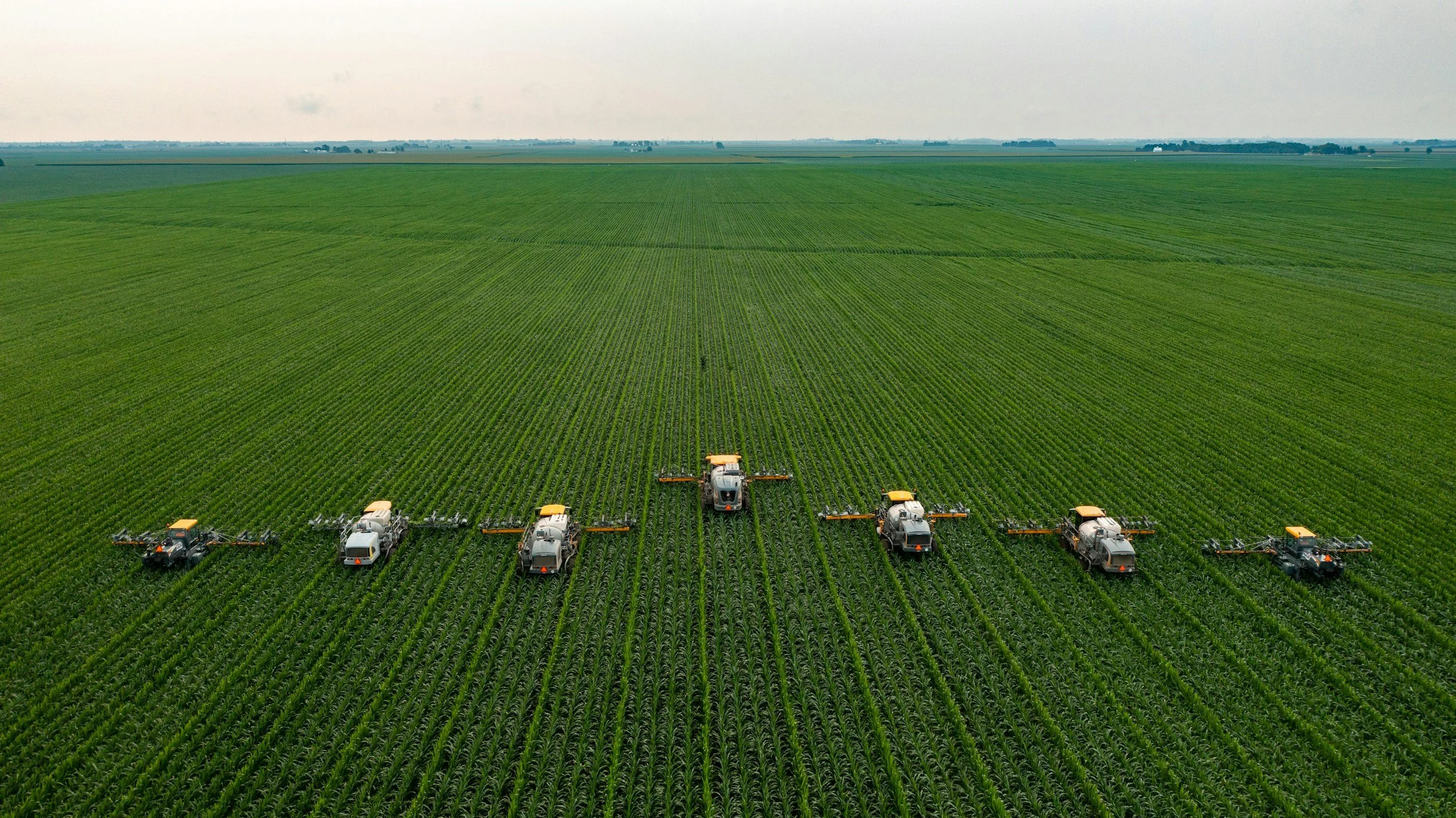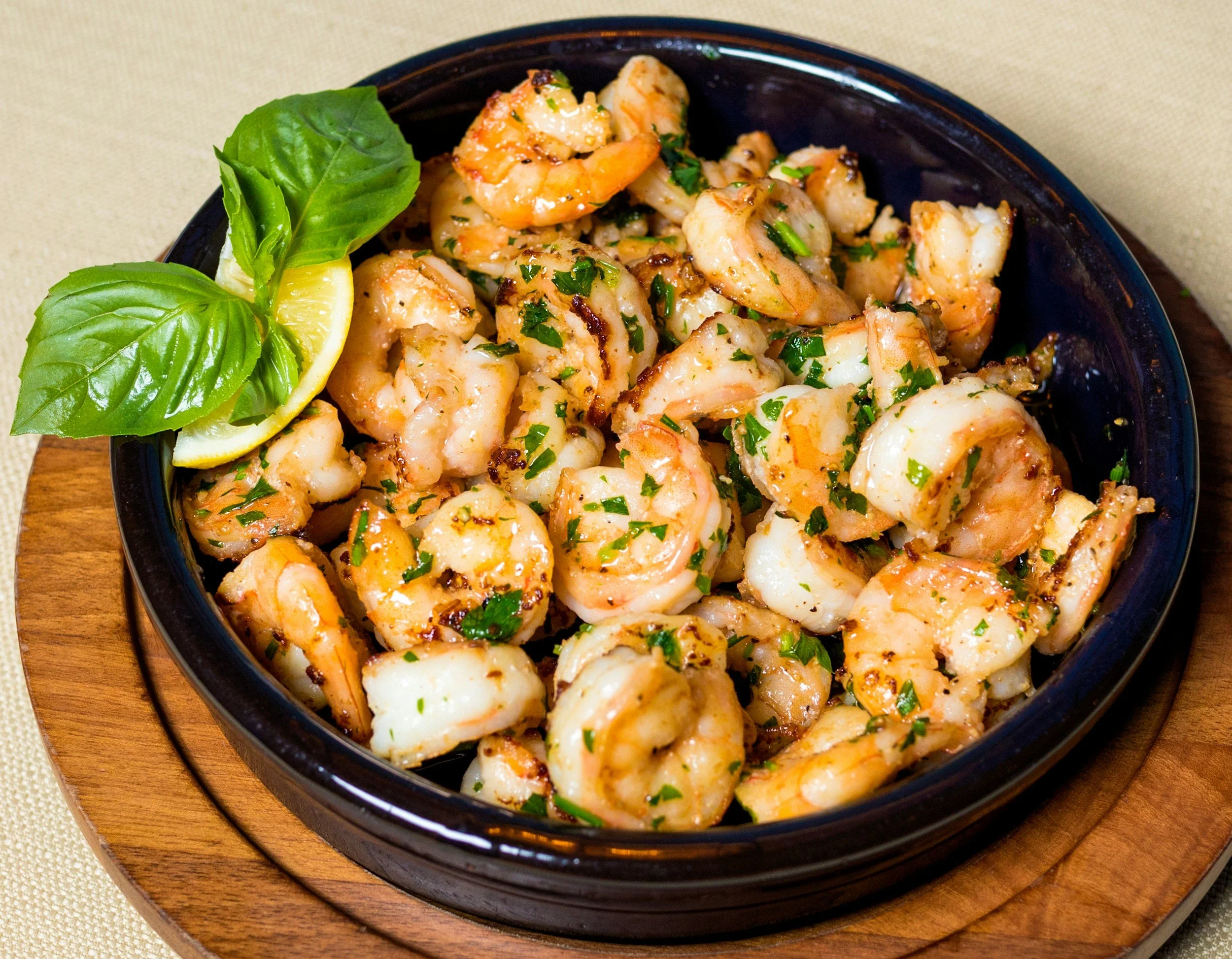A Homeowner’s Guide to Environmentally Conscious Water Use
/Updated October 12, 2022
Guest post by Jason Baldauf
It’s almost impossible to imagine modern living without the convenience of running water. We take it for granted that we can cook, clean, wash and bathe with it. As such, we may not think about how imperative it is to conserve and protect it. Despite being readily available with a turn of the spigot, it is not an unlimited resource.
Overuse and waste can put a strain on your community’s supply, meaning there may not be enough of it to go around. On top of that, we might be contaminating those resources without being aware of it. Ensuring that our water remains clean and plentiful for everyone means we should all take responsibility for how we use it and care for it.
For example, we must remember that the drains in our homes eventually connect to rivers and streams. Thus, any harmful chemicals we introduce by pouring them down the drain can end up polluting these sources. This hurts local ecosystems and also makes water unsafe for our use. Instead, choose environmentally responsible household cleaners and remember always to dispose of chemicals at a designated facility.
Polluted water can cause many health problems such as skin rashes, stomach pain and diarrhea, which can be fatal in some cases if untreated. It can also cause other problems like eye irritation and respiratory difficulties if you come into contact with it or drink it without properly treating it first. While you can find ways to purify your own drinking water at home by using pitcher filters or installing a reverse osmosis water filtration system to remove even more contaminants, including heavy metals and chemicals, from the water, as water becomes more scarce, it is important to use it responsibly.
When it comes to cutting down on waste, there are a number of methods you and your family can use. These include regularly checking for leaks around your home and switching to high-efficiency appliances and plumbing fixtures whenever possible. Even something as simple as turning off the faucet while brushing your teeth or waiting until you have a full load before running the dishwasher can make a significant difference.
Although we may believe water will always be there for us in our homes, it’s up to us to do everything we can to protect it. For more important tips about conserving our most precious natural resource, see the accompanying infographic guide. It provides you with a number of good ideas that will help you be more responsible.
Jason Baldauf is Inside Sales Manager for Hydra-Stop, a leader in water control solutions in the US. He has more than 15 years of water works industry experience.
Like this? Please pin!





 A Homeowner's Guide To Water by
A Homeowner's Guide To Water by 
































